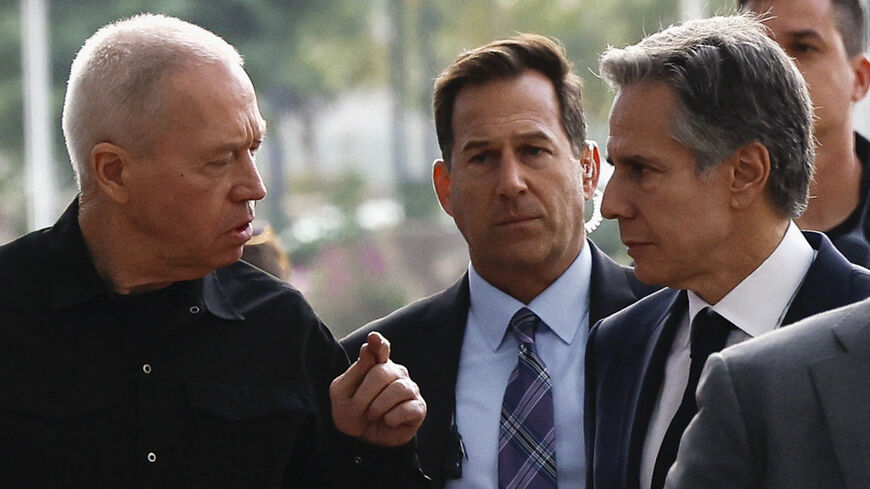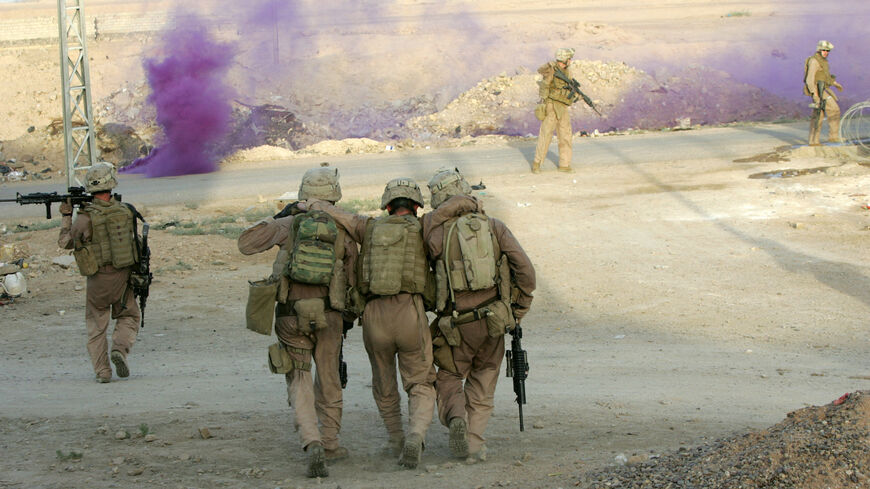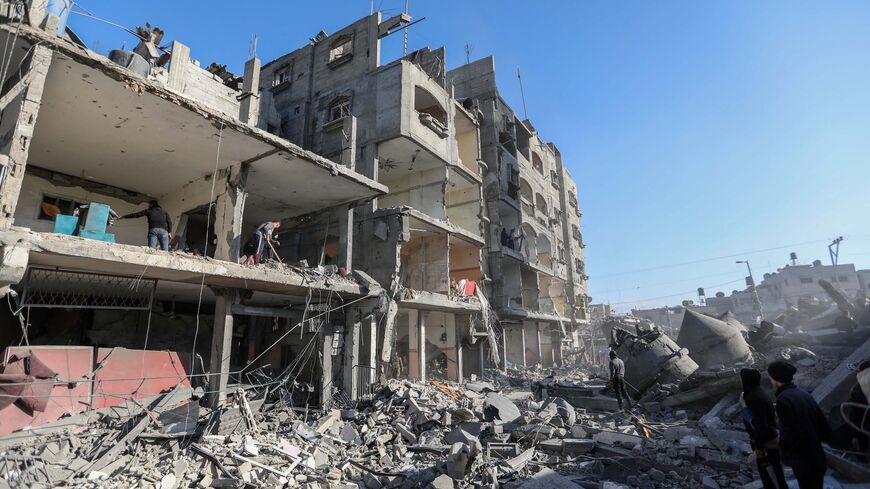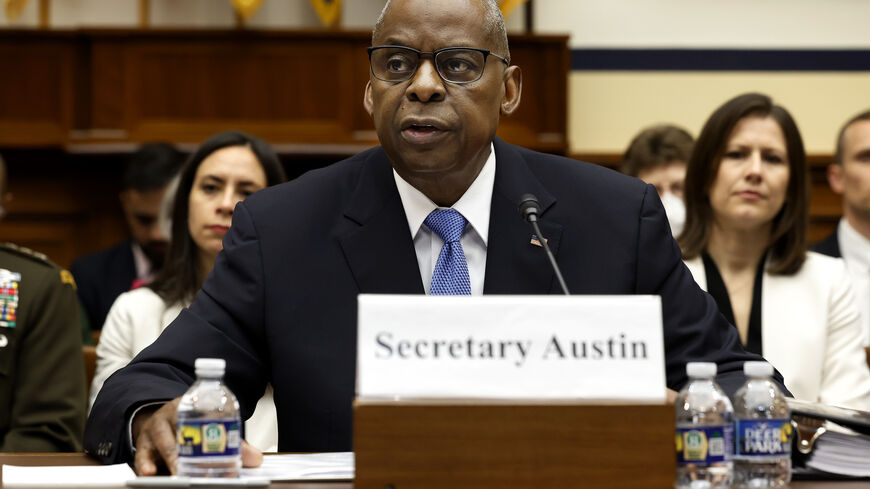White House: No Rafah invasion until Israeli delegation talks alternatives
"We don’t support a major ground operation," White House NSC coordinator John Kirby emphasized on Thursday, as an Israeli delegation is expected to discuss alternatives with top officials in Washington next week.
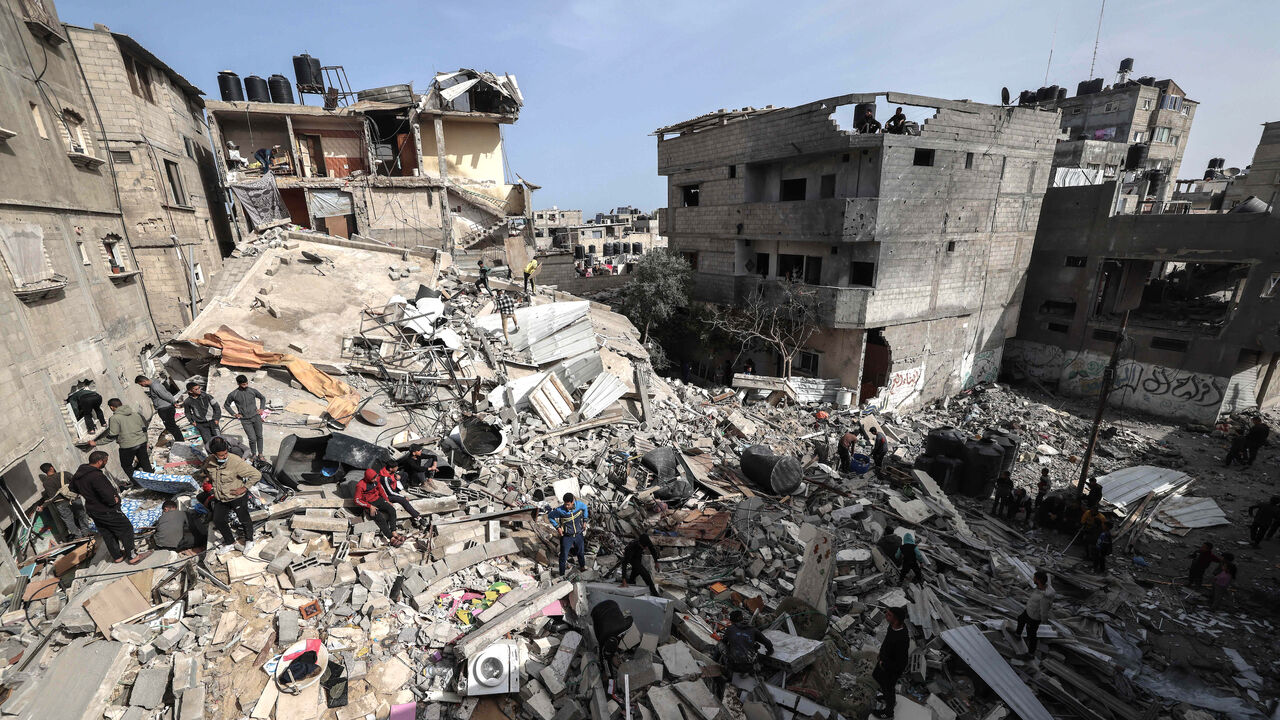
WASHINGTON — The White House on Thursday reiterated its expectation that an Israeli military incursion into Rafah will not begin before the Biden administration discusses potential alternatives with top Israeli national security officials, who are expected to visit Washington next week.
Israel's Strategic Affairs Minister Ron Dermer and national security adviser Tzachi Hanegbi were originally scheduled to arrive in Washington this week to hear the Biden administration's proposals for the Israeli military to continue targeting Hamas without a full-scale invasion of the southern Gaza enclave of Rafah, where an estimated 1.5 million Palestinian civilians are sheltering from the war.
Israeli officials say at least four Hamas battalions remain in Rafah. Israel has vowed to press the assault, drawing the strongest objections yet from the Biden administration in the course of the war.
“It’s a tight piece of geography. There’s not a whole lot of geographic space to relocate people in a safe and secure way. That will be a difficult chore for any modern military, so we don’t support a major ground operation," US National Security Council Coordinator for Strategic Communications John Kirby reiterated Thursday.
US officials have warned that Israel risks squandering international legitimacy and jeopardizing its own security interests should the Israeli military push into densely populated Rafah amid heightened tensions with Hezbollah on Israel's northern border.
US Air Force Gen. Charles Q. Brown, the Pentagon’s top-ranking general, told reporters on Thursday that the United States had not provided Israel with all of the weapons it had requested amid the Gaza war, either due to limits in capacity or because the United States wasn’t willing to provide them at the time.
Brown did not specify any weapons systems that were withheld, nor did he elaborate on why the United States was not willing to provide them.
The Biden administration has faced increasing pressure from members of Biden’s own party in Congress to restrict weapons transfers to Israel in response to growing alarm at the Israeli military’s conduct in the war.
Israeli Prime Minister Benjamin Netanyahu canceled this week's planned delegation led by Dermer and Hanegbi, after the United States abstained from vetoing a UN Security Council Resolution on Monday that called for an immediate cease-fire to Israel's war in Gaza, which has reportedly killed more than 32,000 people and left virtually all of Gaza's population of 2.2 million displaced and food insecure.
Following the backlash from Netanyahu, Biden administration officials downplayed the significance of the UN Security Council vote, publicly describing the resolution as "nonbinding." Kirby on Monday insisted the resolution has "no impact at all on Israel and Israel’s ability to continue to go after Hamas."
Israeli warplanes bombed at least three residential structures in Rafah overnight on Tuesday, killing at least 11 people, Reuters reported. UN Security Council resolutions are binding under Article 25 of the UN Charter, which the United States has ratified.
By Wednesday, the White House confirmed the Israeli delegation led by Dermer and Hanegbi was back on.
Meetings earlier this week between top White House, State Department and Pentagon officials and Israel's Defense Minister Yoav Gallant were "not meant to replace" planned talks with Dermer and Hanegbi, Kirby said Thursday, though he did not confirm the date of the scheduled meetings.
US Defense Secretary Lloyd Austin met with Gallant at the Pentagon on Thursday and discussed phased steps the Israel Defense Forces can take ahead of a potential incursion into Rafah.
Austin informed Gallant that he agreed that "Hamas’ remaining battalions in Rafah must be dismantled," a senior US defense official told reporters following the meeting.



